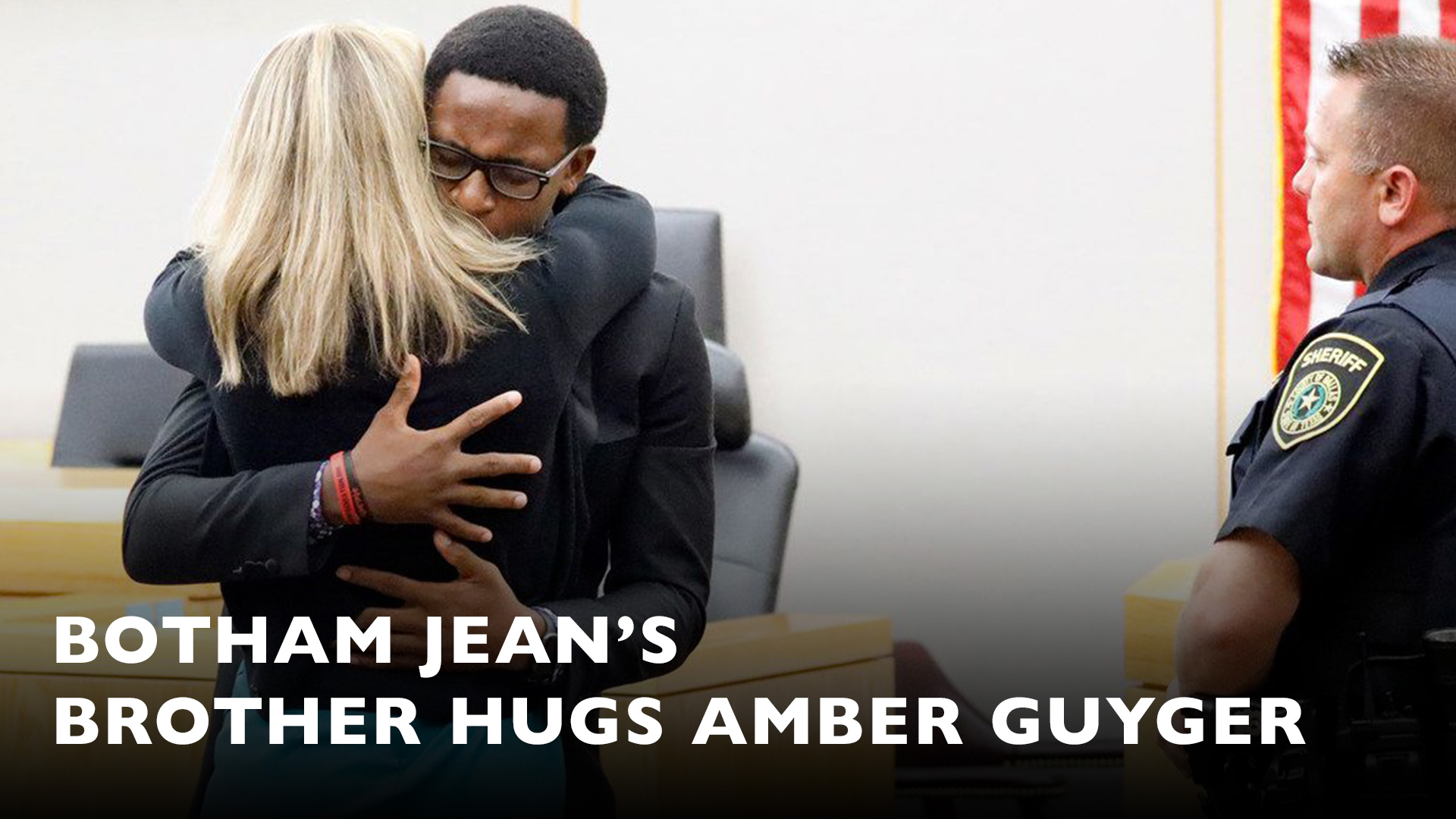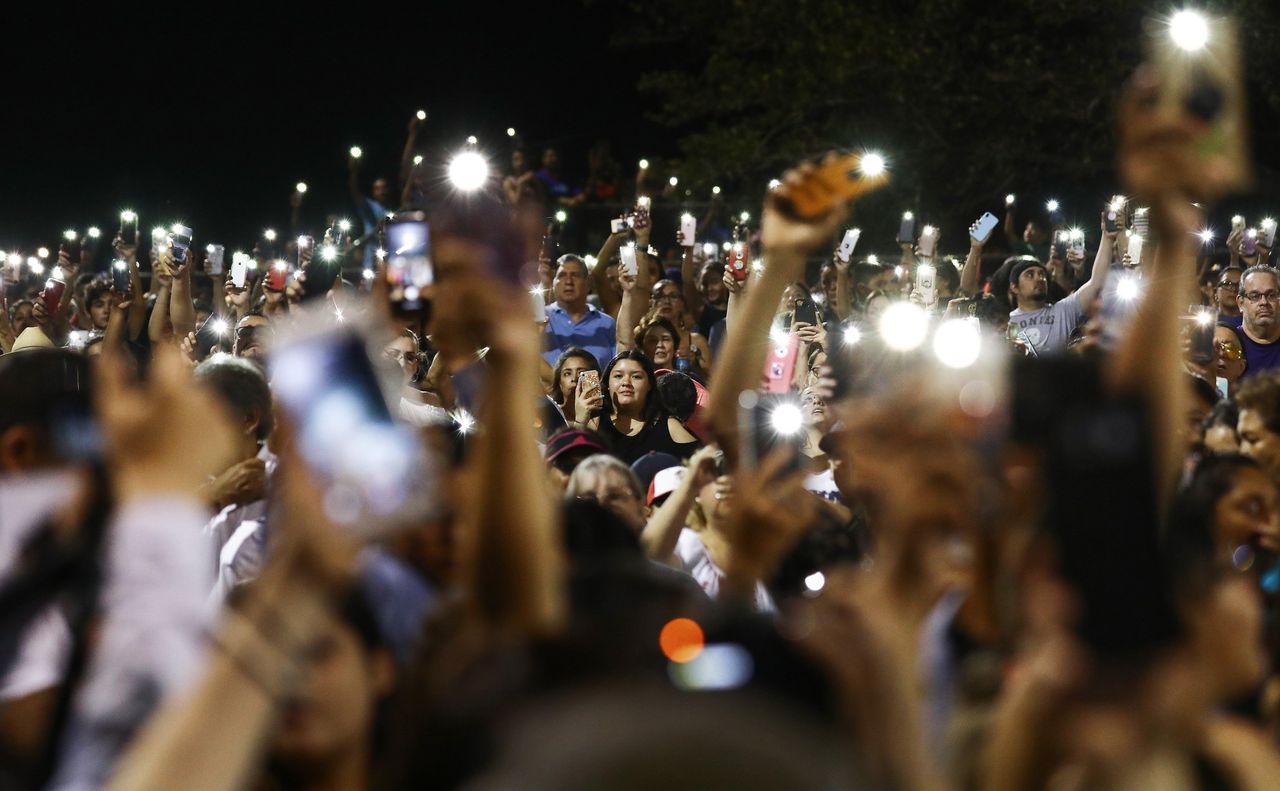By Pastor Brady Wolcott

1 Peter 2:24. He himself bore our sins in his body on the tree, that we might die to sin and live to righteousness. By his wounds you have been healed.
The death of Jesus for us has brought with it the death of sin in our lives. We are no longer slaves to sin. As Pastor Mark said yesterday, “sin no longer has any authority over your life.”
Our Fighter Verse also tells us that we are “alive to righteousness.” A couple weeks ago I preached a sermon at Grace about the justice and righteousness of God. In the Old Testament we learn about the righteousness (tsedeq) of God, and the justice (mishpat) of God. Yes, these are character traits of God, but they are also actions of God. These words always imply the active goodness of God. God is making all things right by the death of Jesus. He is bringing restorative justice.
Righteousness and justice are founded in humanity’s imaging of God. Because we image God we are of great value to God, and God has established his righteousness in order to uphold the image of God in humanity. Remember, righteousness is a moral standard, but it is also more than that; it is the righting of all wrongs. This righteousness includes restorative justice- restoring us to image bearing, and restoring our relationship to God as true worshippers, a relationship that was lost in the Fall.
God’s righteousness and justice in the Old Testament always go hand in hand. They are essentially the same concept- two sides of the same coin if you will. So much so that in the New Testament there is only one word for both Hebrew words. This word is dikaiosyne. This one Greek word encompasses both righteousness and justice. In fact, sometimes it is translated as “righteousness” and sometimes as “justice” or “justification.” It is this word that Peter uses in our verse- we are “alive for righteousness and justice.”
What is Peter saying? Is Peter saying that we are morally perfect because of Christ’s death for us? Sort of. He is definitely saying that God’s active goodness (His righteousness) has taken over our lives and made us literally, good. Sin is dead, righteousness is alive in us. But he is also saying that this active goodness is alive in you as an agent of righteousness and justice. You have been restored, and you are a restorer. You have been made right with God, and you are to be an instrument of restoration for God. Look at how Paul says the same things in Romans 6:
Romans 6:11-14. In the same way, count yourselves dead to sin but alive to God in Christ Jesus. 12 Therefore do not let sin reign in your mortal body so that you obey its evil desires. 13 Do not offer any part of yourself to sin as an instrument of wickedness, but rather offer yourselves to God as those who have been brought from death to life; and offer every part of yourself to him as an instrument of righteousness. 14 For sin shall no longer be your master, because you are not under the law, but under grace.
We are to count ourselves dead to sin and alive to God (and his righteousness). We are to offer every part of ourselves as an instrument (weapon) of righteousness. How? What is our motivation? Grace! We are under grace not law. Or as Peter put it, “He bore our sins in his body.”
God’s righteousness is a state of being but it is much more. It is active. Always pursuing. Always seeking restoration and renewal. Is that how you see your righteousness? Or do you only see it as avoiding misbehavior? Not sinning? If so you have missed out on your dikaiosyne. God’s righteousness propelled him onto the cross. It made him take on Sin and Death in the Great Battle of Good Friday. And that same righteousness is actively transforming your life day by day.
To take action on behalf of others is to “live to righteousness.” It is more than just being moral. It is actively helping the poor and oppressed. It is living in the “upside down” Kingdom- first being last. It is defending the defenseless. It is being outraged at oppression. It is making conditions and relationships right. It is forgiveness without forgetting. It is justice and restoration. It is an apocalypse- a breaking into this world with the otherworldly love of God. That is what the cross has done in us.








